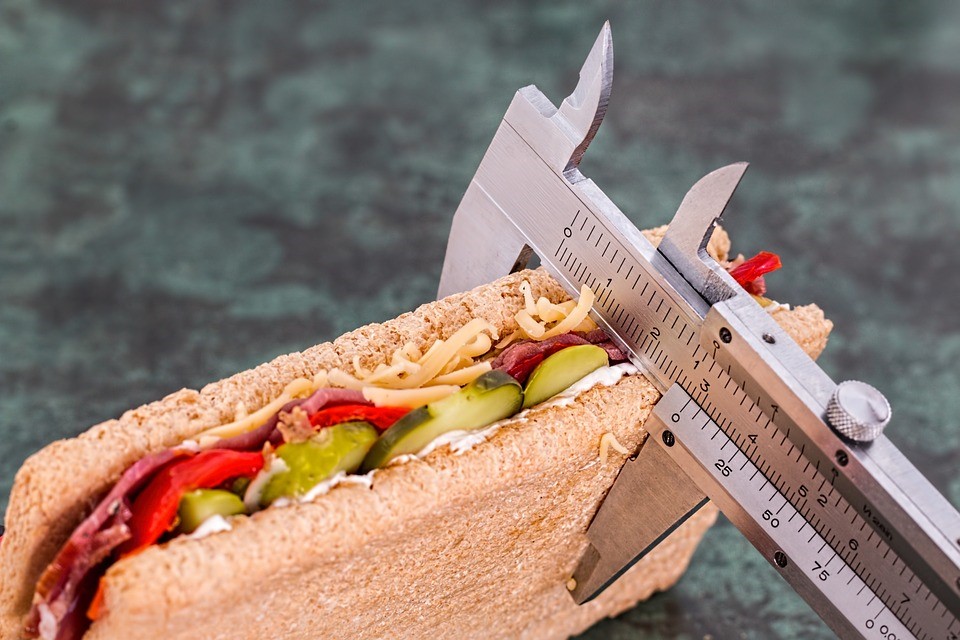
Whether you’re looking to lose weight or gain some weight and then some lean muscle, it’s a no-brainer that a good workout plan combined with diet and lifestyle changes are what you need. Weight loss isn’t the only thing; most medical practitioners will tell you that it could be the best way to live a healthy and long life. Diabetes and cardiovascular-related conditions are on the rise, and you have a chance to steer clear from either path.
It doesn’t matter whether you’ll wind up eating more. As long as you’re eating healthy, your body will make good use of the nutrients it gets, and exercise will burn off the extra while building your muscles and keeping your heart strong and in top shape. Like the adultery laws in Canada, your plan should be strict and non-negotiable!
There are many online tutorials you can follow for fitness plan, but the best option would be combining the advice of a dietician, and a trained fitness instructor. That way, you can find a routine that works best for your body type, your needs, and any health condition you could be having.
How It Works
Controlling your calories plays a considerable part (if not the biggest) in your overall weight loss, gain or maintenance. When the number of calories you consume is higher than the amount of calories your body burns up while carrying out various processes, you gain weight. If you can burn some more calories than you consume, you lose weight.
For exercise to be sufficiently beneficial, it has to be regular. Once your body gets used to energy expenditure, you lose weight and build muscle mass from your improved metabolism. However, in most cases, more exercise leads to an increased appetite, so you have to be careful and stick to your healthy diet.
Some of the benefits you can look forward to with an excellent diet-fitness plan:
- You can get and maintain better muscle tone and healthy body weight
- You’ll notice increased energy and a boost in your immunity
- Reduced risk of cardiovascular diseases, diabetes, and some forms of cancer
- Improved cholesterol levels
- Generally improved mood, strength, and lower stress levels
- Better sleep
Though you can work out your diet plan with your dietician, some foods are widely known to be good for your metabolism. Cut out the sugar, additional preservatives, artificial ingredients, and processed foods. Have more of the lean proteins, omega fats, whole grains, legumes, and nuts, a variety of vegetables and fruits, and don’t forget eight glasses of water in a day.
For your workouts, exercising just one or two parts of your body doesn’t count as fitness. You have to target your heart, muscles, your entire body as a system, and working on your flexibility. All your workouts should include aerobic activities for at least thirty minutes, strength and endurance training for the major muscles a few times a week, and the occasional stretching exercises.
Finally, always keep in mind that people are different. Some people may only need little amounts of workouts or slight changes in their diet, but don’t let that discourage you. Maintain your regimen, and don’t stop until the literal end.




